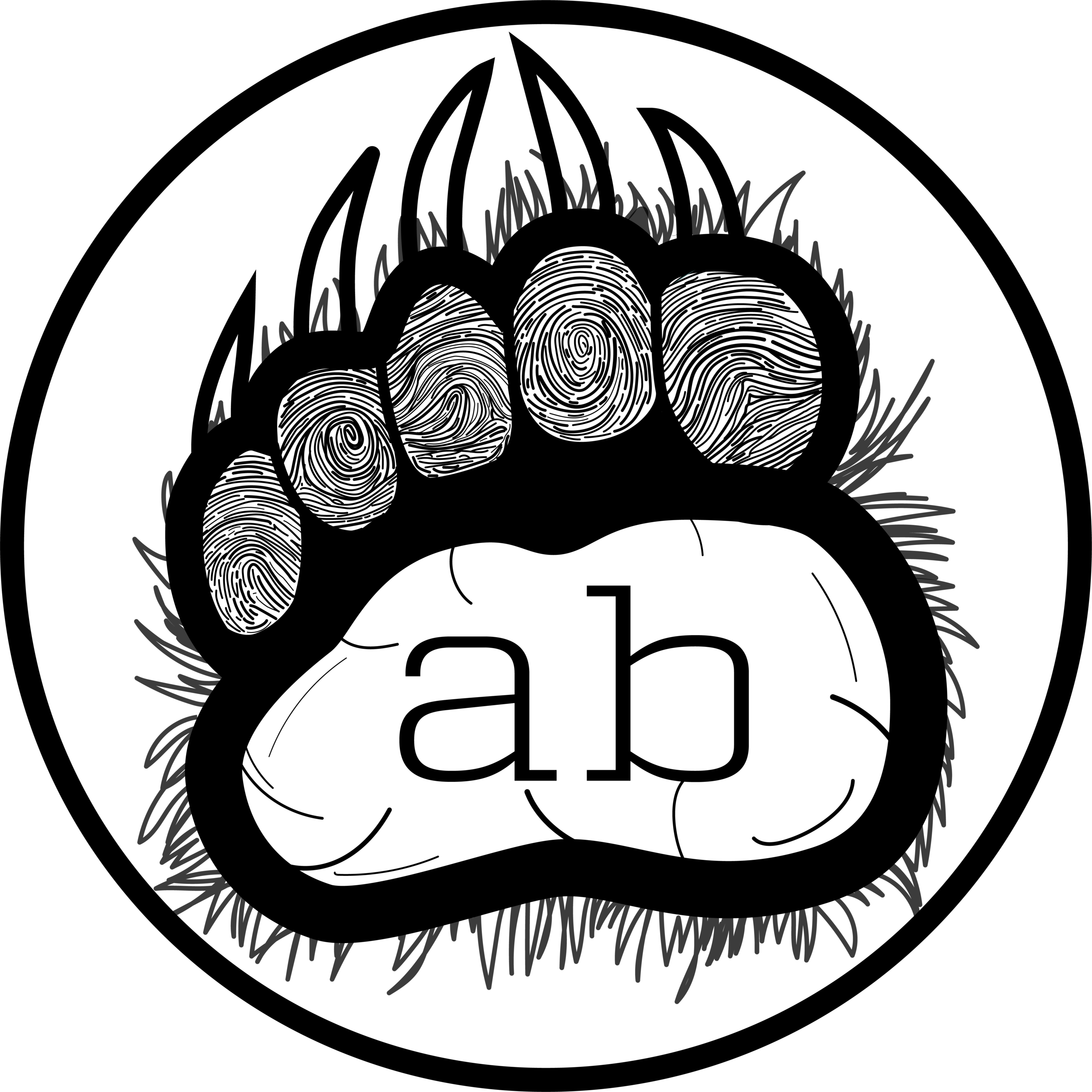Revisiting the Past, Looking Towards the Future
On this Earth Day in isolation, I am reflecting about why I do the work I do. There’s a more complicated answer to that question rooted in boring details about life choices and paths traveled, but really, it all boils down to who I had as role models. My brother and I have been incredibly lucky to have such strong, smart, and passionate parents who have had a long history of fighting for the health and well-being of our environment.
Going through old film over the last few days from my parents early years reminds me again that my roots as a environmentalist and humanist run deep. In the midst of taking on a new photo project, I came across this image of our Mom from her time working as a biologist on the Arctic National Wildlife Refuge in the early 1980’s. This is in the same place that the current federal administration is irresponsibly cutting corners to open for oil exploration despite hard science that indicates we are nearing the tipping point in the climate crisis. Not only is ANWR the largest remaining expanse of undeveloped land in the United States, it is the sacred and ancestral homeland of the Gwich’in peoples, and the vital and irreplaceable calving grounds to the Porcupine Caribou herd. It is a unique, special, and sacred place that is home to incredible biodiversity and stunning wilderness and it needs to be protected forever.
Or, this image of our Dad from his time supporting the long-term clean up efforts of the Exxon Valdez oil spill in the 1990’s. The largest oil spill disaster in the history of the US (at the time), the Exxon Valdez tanker released more than 11 million gallons of crude oil into the Prince William Sound in Alaska when the tanker ran aground. Hundreds of thousands of shorebirds, seals, otters, and whales (among many more species) were killed by the oil-slick that spanned nearly 1,300 miles. Pockets of oil still exist in the Sound today. Can we continue to make the same mistakes when we know what’s at stake?
When Earth Day was visioned in 1970, the path to a more just and equitable world was formalized. The work isn’t done, it likely never will be. We must carry the torch on the path that those before us laid. I will continue to follow in my parents footsteps, as an advocate for the wild places in the world and for the health of our environment and climate. There is too much to lose and we won’t get another chance.


